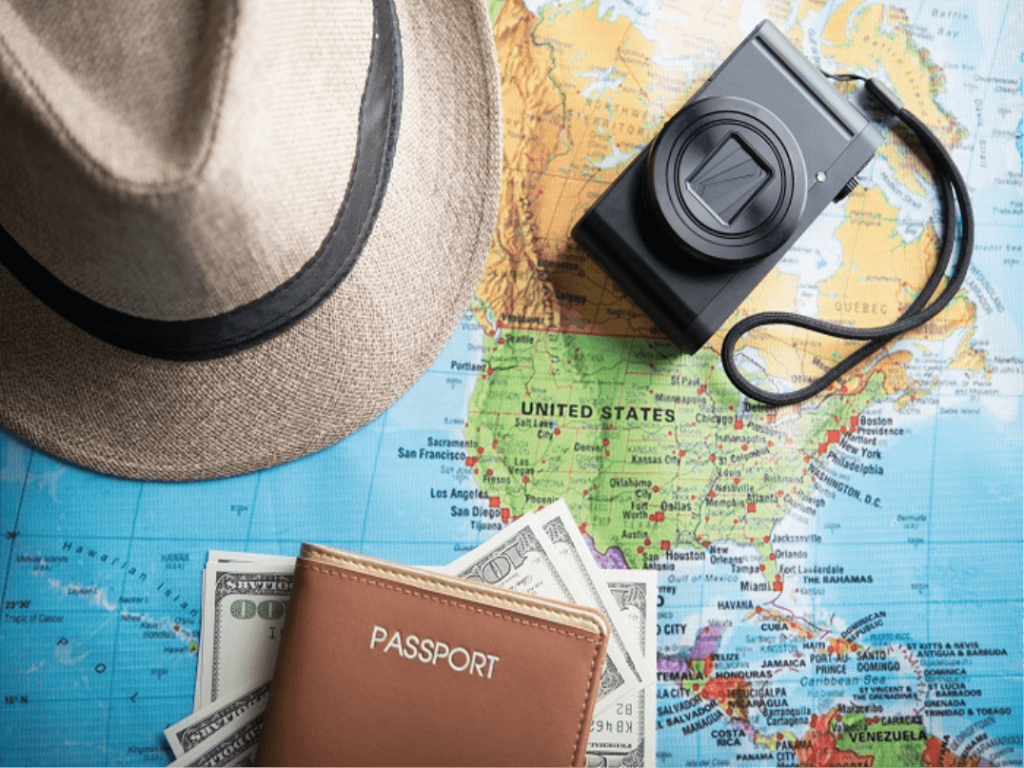Planning a trip to an Arabic-speaking country? Whether you’re a tourist, a business traveler, or a travel blogger, learning a few essential Arabic phrases for travel can transform your experience. It shows respect for the local culture and can open doors to memorable interactions. This guide will walk you through the most useful Arabic phrases for travel, so you can navigate with confidence and connect with the locals.
Why Learn Arabic Phrases for Travel?
You might ask: Do I really need to learn Arabic if I can just use English? The answer is yes! Here’s why:
- Deeper Connection: Even a few simple words can break down language barriers and open doors to warmer, more genuine interactions with locals.
- Cultural Respect: Using the local language shows your respect for the culture of the country you’re visiting, which is often met with great hospitality and appreciation.
- Authentic Experiences: You’ll be able to navigate local markets with more ease, order food in authentic restaurants, and even bargain for prices in some places.
- Increased Confidence: Having some basic Arabic phrases for tourists will boost your confidence and make your trip smoother and more comfortable.
Greetings and Goodbyes
Starting with simple greetings is the easiest way to break the ice. Locals will appreciate your effort, and it’s a great way to show respect.
- Hello/Welcome – مرحباً (Marhaban)
- Peace be upon you (A very common Islamic greeting) – السلام عليكم (As-salamu alaykum) – , the response is وعليكم السلام – (Wa alaykum as-salam)
- Good morning – صباح الخير (Sabah al-khayr) , (Response: صباح النور – Sabah an-noor)
- Good evening – مساء الخير (Masa’ al-khayr) , (Response: مساء النور – Masa’ an-noor)
- How are you? (For males) – كيف حالك؟ (Kayfa haluk?) – / How are you? (For females) – كيف حالكِ؟ (Kayfa haluki?)
- I am well, thank you – أنا بخير، شكراً. (Ana bi-khayr, shukran).
- Goodbye (Literally, “Until we meet again”) – إلى اللقاء (Ila al-liqa’)
- Go with peace (Used when saying goodbye) – مع السلامة (Ma’a as-salama)
Polite Expressions and Thanks
Politeness opens hearts! These words will leave a good impression:
- Thank you – شكراً (Shukran)
- You’re welcome / Excuse me – عفواً (Afwan)
- Please (For males) – من فضلك (Min fadlik) / Please (For females) – من فضلكِ (Min fadliki)
- Sorry (For male/female speaker) – آسف/آسفة (Asif/Asifa)
- No problem – لا مشكلة (La mushkila)
Getting Around and Asking for Directions
Explore cities with confidence using these phrases:
- Where is…? – أين…؟ (Ayna…?)
- Where is the hotel? – أين الفندق؟ (Ayna al-funduq?)
- Where is the nearest restaurant? – أين أقرب مطعم؟ (Ayna aqrab mat’am?)
- Where is the bus station? – أين محطة الحافلات؟ (Ayna mahattat al-hafilat?)
- Can I walk there? – هل يمكنني المشي إلى هناك؟ (Hal yumkinunee al-mashee ila hunak?):
- Right – يميناً (Yaminan)
- Left – يساراً (Yasaran)
- Straight ahead – مباشرة (Mubasharatan)
- Can you help me? (For males) – هل يمكنك مساعدتي؟ (Hal yumkinuka musa’adati?) / Can you help me? (For females) – هل يمكنكِ مساعدتي؟ (Hal yumkinuki musa’adati?)
Shopping and Bargaining
Enjoy the shopping experience in Arab markets:
- How much is this? – بكم هذا؟ (Bikam hatha?)
- Do you have a bigger/smaller size? (For males) – هل لديك مقاس أكبر/أصغر؟ (Hal ladayka miqas akbar/asghar?)
- Can you lower the price? – هل يمكن تخفيض السعر؟ (Hal yumkin takhfid as-si’r?)
- I want this – أريد هذا. (Ureed hatha.)
Dining at Restaurants
Savor the delicious Arabic cuisine:
- I want a table for two/three people – أريد طاولة لشخصين/ثلاثة. (Ureed tawila li-shakhsayn/thalatha.).
- The menu, please – القائمة، من فضلك. (Al-qa’ima, min fadlik.).
- What do you recommend? – ماذا تنصح؟ (Madha tansah?).
- I am vegetarian. (For male/female speaker) – أنا نباتي/نباتية. (Ana nabati/nabatiya.).
- I don’t eat… – لا آكل… (La akul…).
- I don’t eat meat – لا آكل لحم. (La akul lahm.).
- Very delicious! – لذيذ جداً! (Ladheedh jiddan!).
- The bill, please – الفاتورة، من فضلك. (Al-fatura, min fadlik.).
In Case of Emergency
We wish you a safe trip, but it’s good to be prepared:
- Help! – مساعدة! (Musa’ada!)
- I am sick. (For male/female speaker) – أنا مريض/مريضة. (Ana mareedh/mareedha.).
- I need a doctor – أحتاج إلى طبيب. (Ahtaju ila tabeeb.).
- Where is the hospital? – أين المستشفى؟ (Ayna al-mustashfa?).
- I lost my passport – فقدت جواز سفري. (Faqadtu jawaz safari.).
Important Cultural Expressions
You will often hear these expressions, so it’s a great idea to know what they mean.
- (Inshallah) إن شاء الله : “If God wills it.” Used for things you hope will happen in the future.
- (Masha’allah) ما شاء الله : “God has willed it.” An expression of appreciation or to acknowledge a beautiful event or thing.
- (Yalla) يلا : “Let’s go!” or “Come on!” A very common and friendly word.
- (Habibi / Habibati) حبيبي : “My dear” or “My love.” Habibi is for a male, and Habibati is for a female. It’s often used with friends and family.
Conclusion
By using these essential Arabic phrases for travel, you’ll not only find it easier to get around but also build connections with the people you meet. So, take a deep breath, and remember: Yallah, let’s go explore the Arab world!
If you wish to learn more about the Arabic language, download our Arabic learning app.



